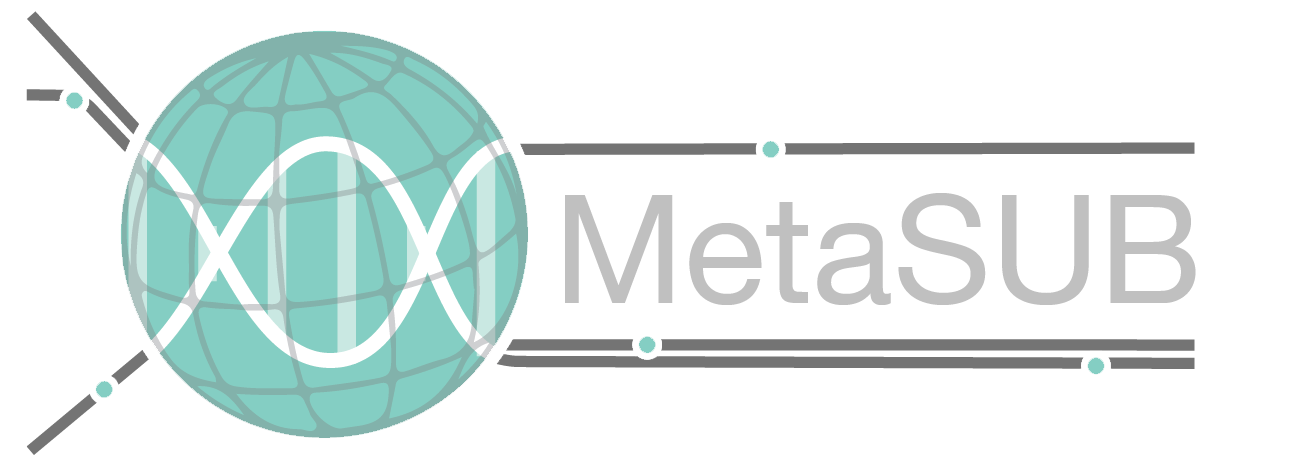AN INTERNATIONAL ORGANIZATION, WITH A GLOBAL MISSION
Moving forward with a goal to improve city utilization and planning through the detection, measurement, and design of metagenomics within urban environments.
WHO WE ARE
The Metagenomics and Metadesign of the Subways and Urban Biomes (MetaSUB) International consortium is a novel, interdisciplinary initiative made up of experts across many fields, including genomics, data analysis, engineering, public health, and design.
Just as there is a standard and measurement of temperature, air pressure, wind currents– all of which are considered in the design of the built environment– the microbial ecosystem is just as dynamic and just as integral and should be integrated into the design of cities. By developing and testing standards for the field and optimizing methods for urban sample collection, DNA/RNA isolation, taxa characterization, and data visualization, the MetaSUB consortium is pioneering an unprecedented study of urban mass-transit systems and cities around the world.
These data will benefit city planners, public health officials, and designers, as well as discovery new species, biological systems, and biosynthetic gene clusters (BGCs), thus enabling an era of more quantified, responsive, and “smarter cities.”
ORIGIN
PATHOMAP & THE START OF METASUB
In 2013, a project was launched called PathoMap. The primary goal was to study the microbiome of an urban, metropolitan environment, which was New York City, USA.
The idea for PathoMap began in 2010 when Dr. Christopher Mason, the project’s principal investigator, there picked up his young daughter from daycare. She was playing with all the toys, putting them in her mouth, and then her friends would come and put the toys in their mouths. This launched Dr. Mason’s question, “What is on those toys, and the surfaces in this environment, and all the other environments, and how much is my daughter absorbing every day?” In the Summer of 2013, 468 NYC subway stations were sampled. Interestingly, nearly half (48%) the DNA matched no known organism.
The success of the project led to the creation of the Metagenomics and Metadesign of Subways and Urban Biomes (MetaSUB) International Consortium in 2015.
"Every time I look around a room or a subway station, I always wonder — what's there?"
-Dr. Christopher Mason, Co-founder of MetaSUB
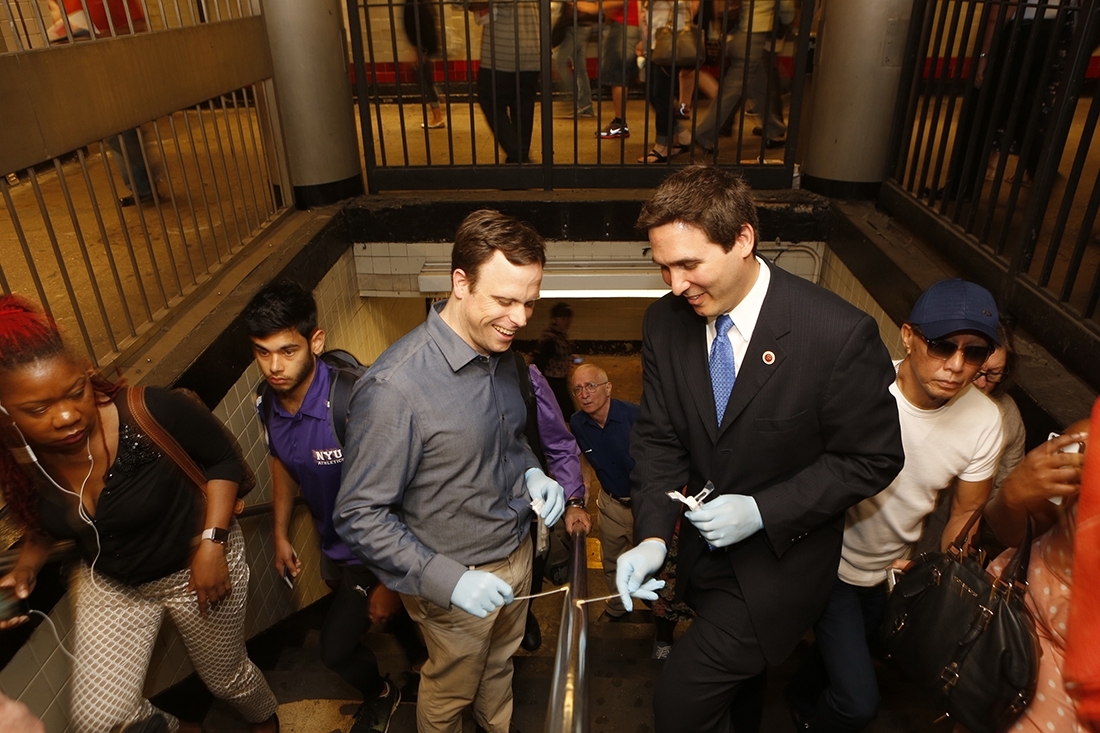
Inauguration of the MetaSUB International Consortium
MetaSUB was founded in 2015 by Dr. Christopher Mason an Associate Professor at Weill Cornell Medicine and Evan Afshin, a medical student at New York Medical College and a Medical Student Research Fellow in the Mason Lab at Weill Cornell Medicine. The consortium officially launched with Global City Sampling Day on June 21st, 2016.
Global City Sampling Day in 2016 marked the first annual event of simultaneous sampling around the world. Spanning six continents, 32 countries and 54 cities, the event collected more than 6,000 samples of DNA, RNA and microbes from surfaces in subways, buses, airports and other well-traveled public meeting spaces.
Since then, MetaSUB has expanded into several projects across many different fields. Sampling has been done on not only subways, but of monuments, sewers, beaches, air and medical environments and in over a hundred cities around the world.
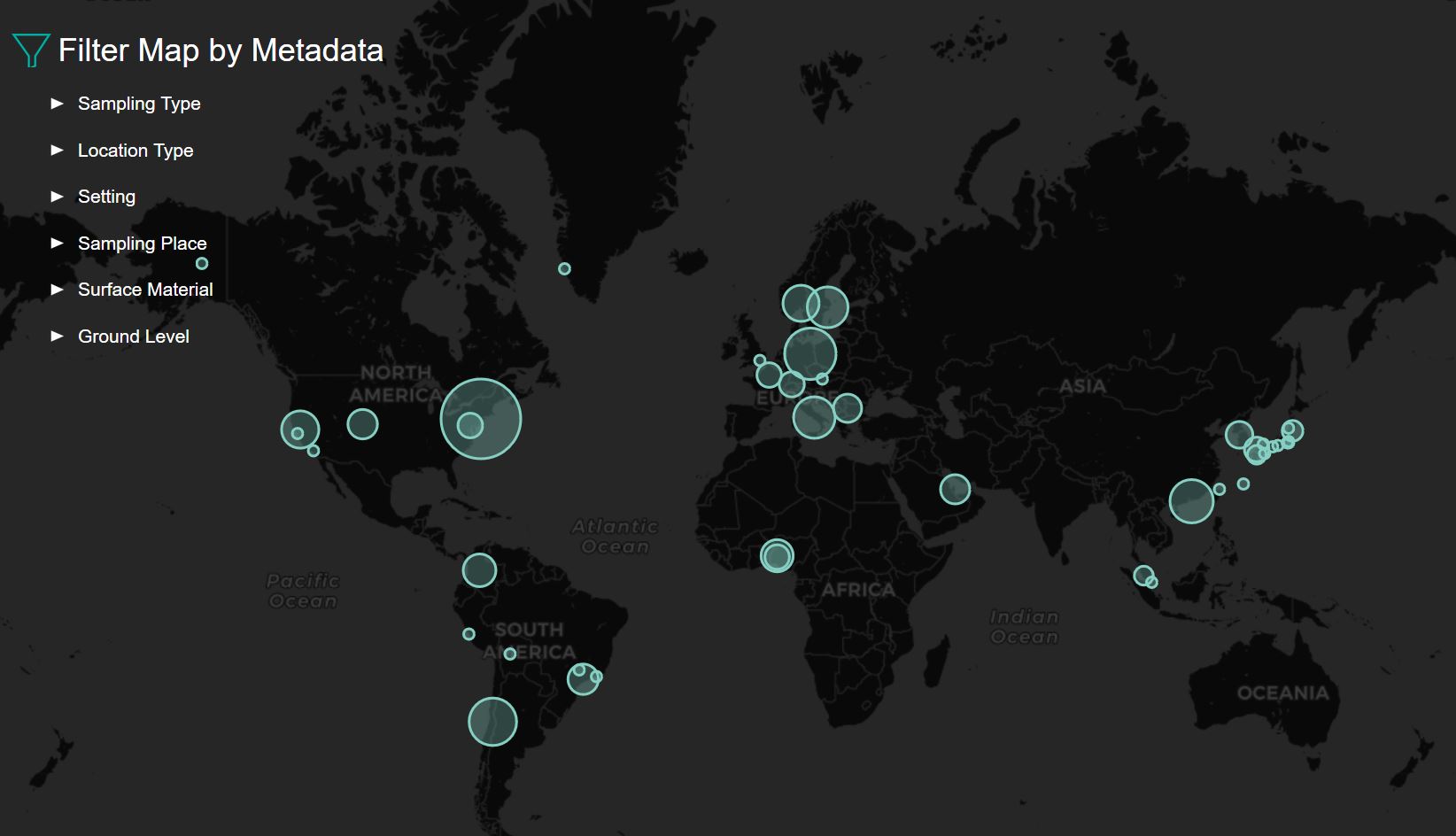
Key aims of MetaSUB
To create geospatial metagenomic and forensic genetic maps
Identify and track antimicrobial resistance markers (AMRs) in the urban built environment
Identify novel biosynthetic gene clusters (BCGs) for drug discovery
FOUNDERS
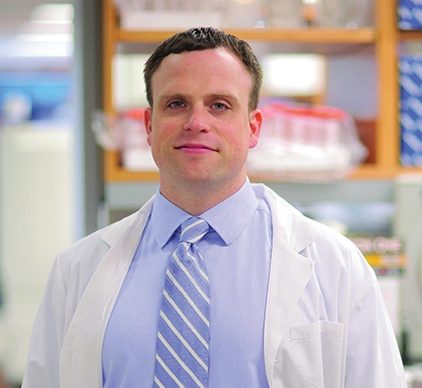
Christopher Mason, PhD
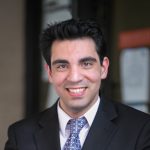
Evan Afshin, MD
CURRENT DIRECTORS

Alexander Lucaci, PhD
DIRECTOR EMERITUS
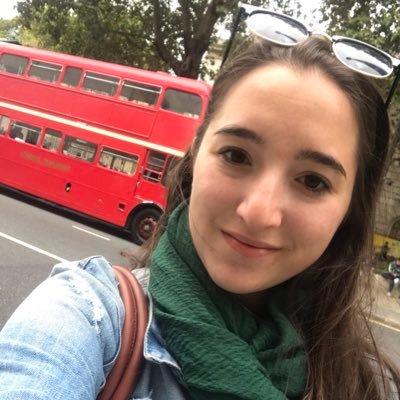
Krista Ryon
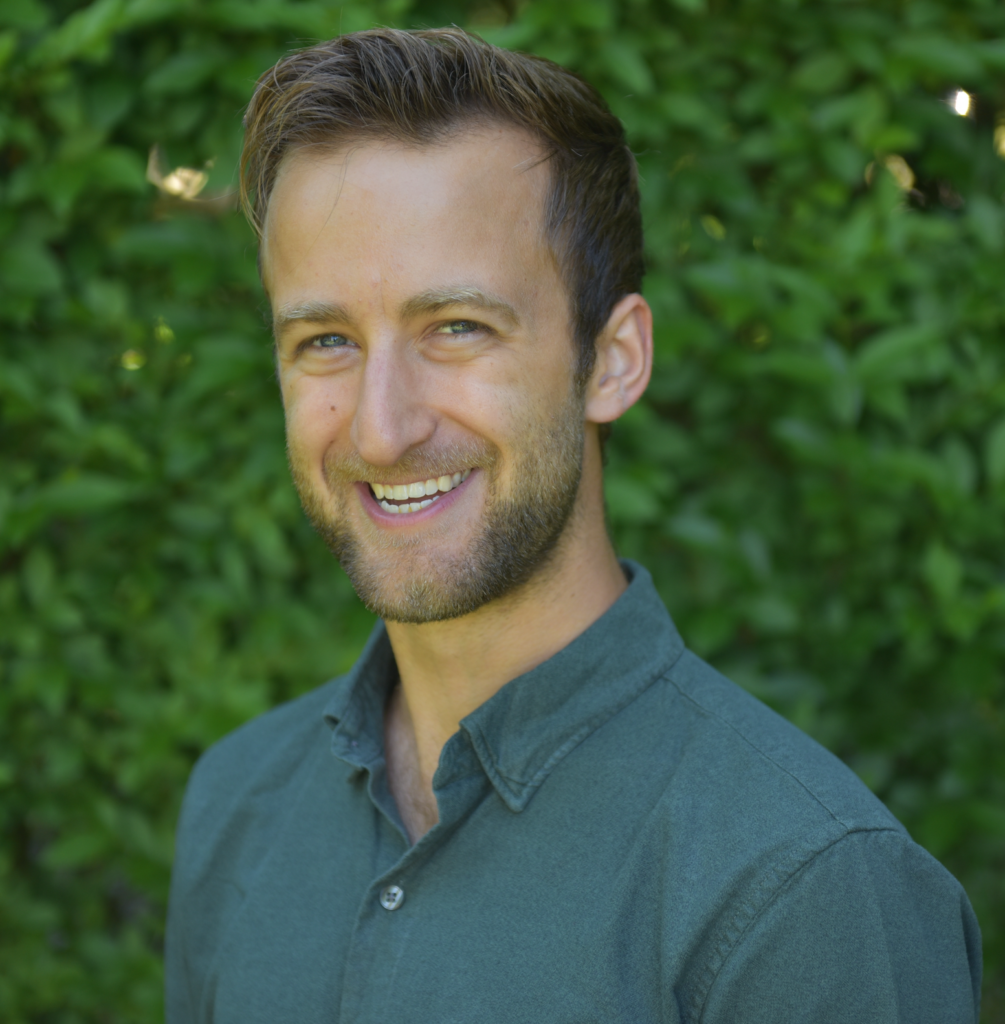
Braden Tierney, PhD
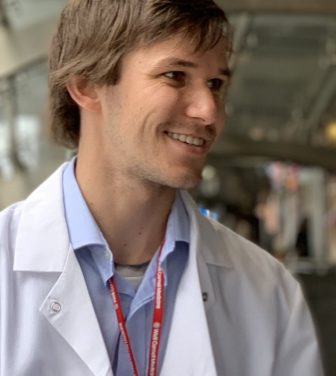
Benjamin Young

Sofia Ahsanuddin

Daniela Bezdan
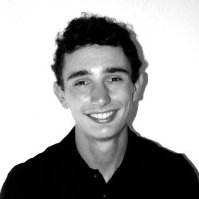
David Danko, PhD
List of cities represented in the consortium :
NORTH AMERICA
SOUTH AMERICA
ASIA
Baltimore, United States
Boston, United States
Boulder, United States
Chicago, United States
Denver, United States
Fairbanks, United States
Georgia, United States
Honolulu, United States
Los Angeles, United States
Mexico City, Mexico
New York City, United States
Nuuk, Greenland
Sacramento, United States
San Francisco, United States
Seattle, United States
Siorapaluk, Greenland
St. Louis, United States
Vancouver, Canada
Washington D.C., United States
EUROPE
Barcelona, Spain
Berlin, Germany
Copenhagen, Denmark
Dusseldorf, Germany
Hamburg, Germany
Kyiv, Ukraine
Lisbon, Portugal
London, UK
Marseille, France
Moscow, Russia
Naples, Italy
Novosibirsk, Russia
Oslo, Norway
Paris, France
Porto, Portugal
Rome, Italy
Sheffield, UK
Sofia, Bulgaria
Stockholm, Sweden
Tartu, Estonia
Trenton, Italy
Vienna, Austria
Zagreb, Croatia
Zurich, Switzerland
Bogota, Colombia
Bucaramanga, Colombia
Buenos Aires, Argentina
Cochabamba, Bolivia
Lima, Peru
Montevideo, Uruguay
Ribeiro Preto, Brazil
Rio de Janeiro, Brazil
Santiago, Chile
Sao Paulo, Brazil
AFRICA
Cairo, Egypt
Kinshasa, DRC
Ilorin, Nigeria
Johannesburg, South Africa
Offa, Nigeria
Tunis, Tunisia
AUSTRALIA
Brisbane, Australia
Melbourne, Australia
Sydney, Australia
ANTARCTICA
Palmer Station, Antarctica
McMurdo Station, Antarctica
Bangkok, Thailand
Beijing, China
Bhopal, India
Doha, Qatar
Fukuoka, Japan
Fujisawa, Japan
Fukuroi, Japan
Guangzhou, China
Hanoi, Vietnam
Hammatsu, Japan
Hong Kong, China
Hyderabad, India
Ibaraki, Japan
Istanbul, Turkey
Izmir, Turkey
Kolkata, India
Kuala Lumpur, Malaysia
Kyoto, Japan
Matsudo, Japan
Matsue, Japan
Mie, Japan
Miyazaki, Japan
Nankoku, Japan
New Delhi, India
Niigata, Japan
Noda, Japan
Obama, Japan
Oita, Japan
Okinawa, Japan
Sapporo, Japan
Sendai, Japan
Seoul, South Korea
Shanghai, China
Shizuoka, Japan
Singapore, Singapore
Taipei, Taiwan
Tainan, Taiwan
Tehran, Iran
Thessalonica, Greece
Tokyo, Japan
Tsuruoka, Japan
Ulaanbaatar, Mongolia
Urayasu, Japan
Yamaguchi, Japan
